Suriname is situated along the northern coastal flats of South America, between Guyana and French-Guyana. In the south we are bordered by Brazil and in the north by the Atlantic Ocean.
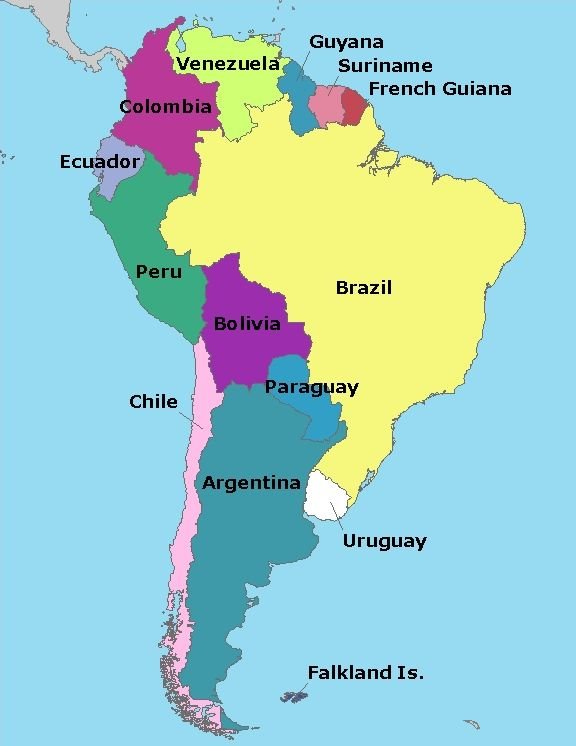

Approximately 94.7% – about 14.8 million hectares- of Suriname is covered by dense tropical rainforest harboring numerous species of exotic animals and plants while storing vital amounts of carbon and generating fresh air for the entire plane.
The magnificent Amazon rainforest with its boisterous rivers, imposing waterfalls and an unprecedented flora and wild life, is barely trodden and not yet discovered by mass tourism.

Suriname is one of the greenest countries on earth. Throughout the nation one finds green, in a hundred different shades.
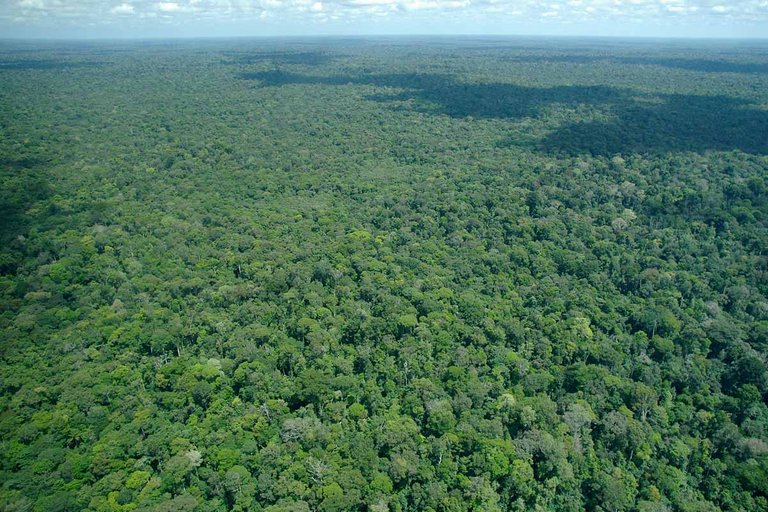

The government of Suriname and Conservation International believe that the preservation of the Amazon Rainforest can be of great economic value and therefore there are 11 national nature reserves in Suriname with the Central Suriname Nature Reserve as one of the largest protected rainforest areas in the world.
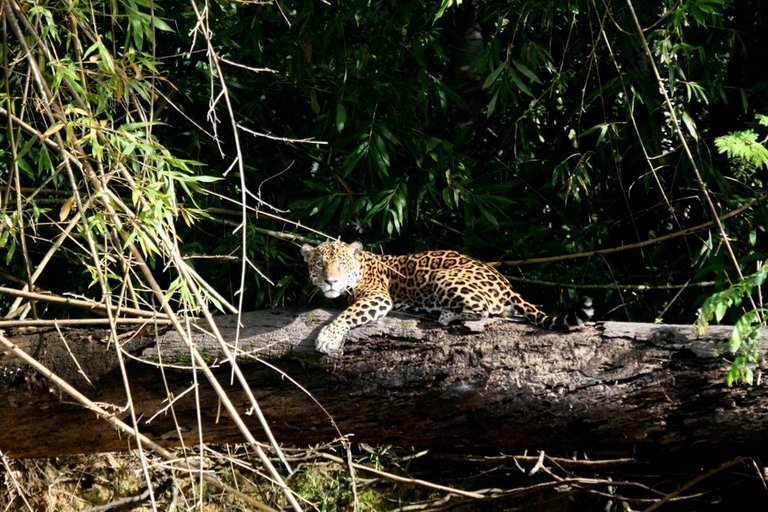
Numerous exotic species are endemic to Suriname. The country is rich in wildlife, including well over 700 species of birds, 200 mammal, 130 reptile and 99 amphibian species.
Exotic species like the Blue Poison Dart Frog (Dendrobatus Azureus) or the Cock-of-the-Rock (Rupicola Rupicola) have attracted scientists from all over the world. As many as sixty (60) new species have been discovered in Suriname in 2013.
.jpg)
Suriname’s Atlantic beaches in the east and central part of the coast are home to the giant sea turtles like the Leatherback, Olive Ridley, Atlantic Hawksbill and Green Turtle. These turtles use the beaches as their nesting ground after a tedious journey across the ocean.
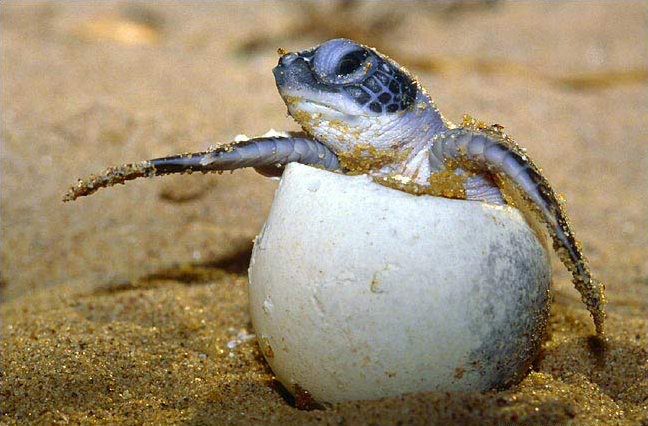
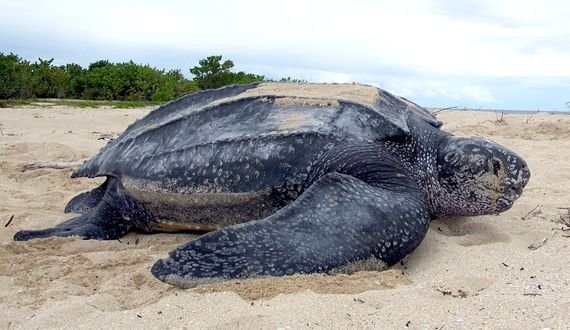
Suriname is ideal for bird lovers.
The following exotic bird species can be encountered in Suriname:
Scarlet Ibis
Harpy Eagle
Scarlet Macaw
Great Kiskadee
Snowy Egret (in Suriname known as the Sabaku)
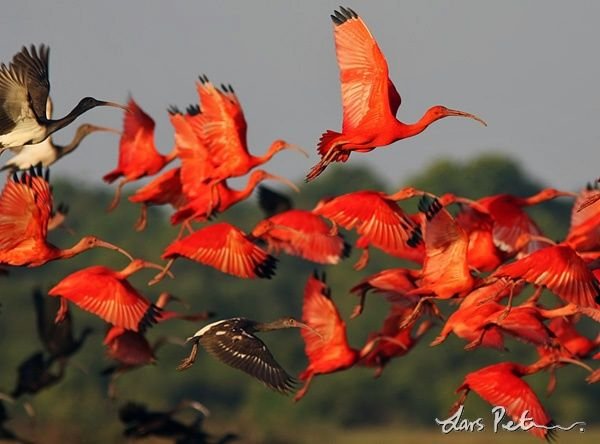
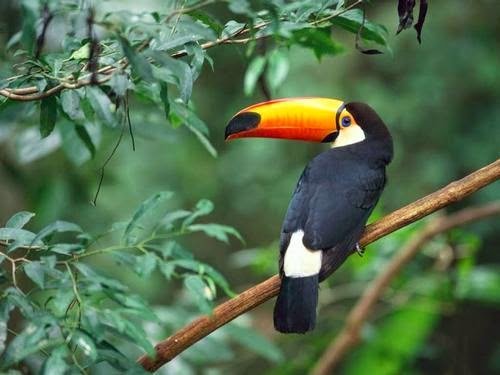
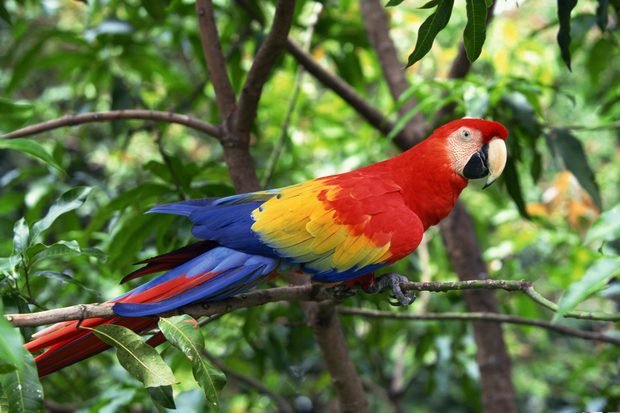
Suriname has a very large number of plants and trees. The jungle is the natural habitat to most of them, but the coast and the residential areas also harbor interesting plant life.
The hardest and densest types of wood known to mankind can be found in this jungle. Snakewood, Ironwood, Ipe, Purpleheart and Bulletwood have always mesmerized people because of their amazing strength and endurance.
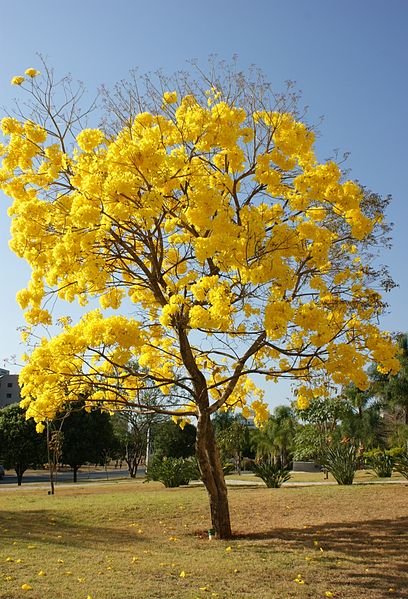
There are also countless medicinal purposes attributed to certain plants of Suriname. The Amerinidians and Maroons possess very intricate knowledge of the possibilities that this botanical paradise has to offer. This knowledge has been passed on orally for generations.
When traveling in dug-out canoes on the rivers in the interior, the combination of small and large rapids (sulas) makes an exciting experience. The largest rapids can be found at Wonotobo in the Corantijn River.
About 3,000 km of rivers flow through Suriname. From the impressive Suriname, Corantijn, and Marowijne Rivers that drain the rain forests of the Amazon basin into the Atlantic, to local rivers and smaller tributaries that create the many ‘water’ highways in the interior.
The border rivers Corantijn river and Marowijne river, and the Suriname and Coppename river comprise the backbone of the river system. Other important rivers include the Saramacca river in Central Suriname, Commewijne and Cottica river in the East, Nickerie, and Wayambo river in the West and Sipaliwini and Tapanahony in the South.
The Blanche-Marie Waterfalls in the Nickerie river are one of the most impressive waterfalls in Suriname.

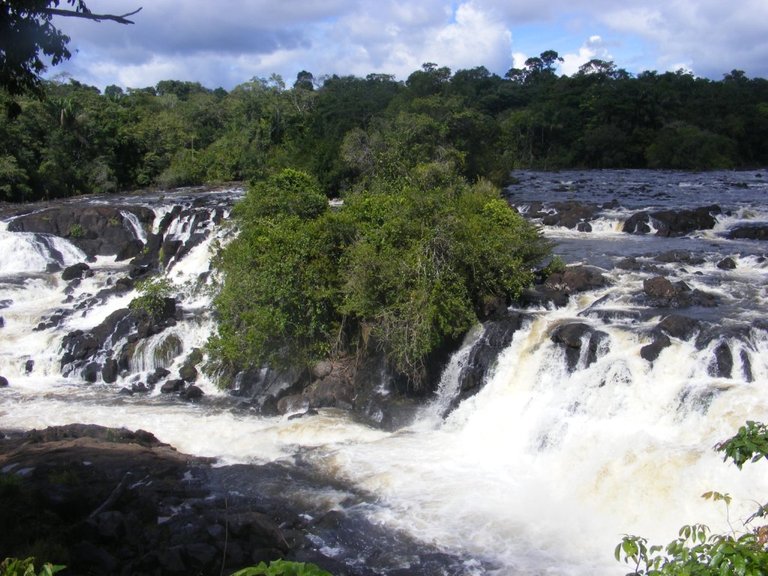
In the Coppename river, the Raleighfalls are home to more than 425 species of birds and all Suriname’s eight species of monkeys can be seen here.
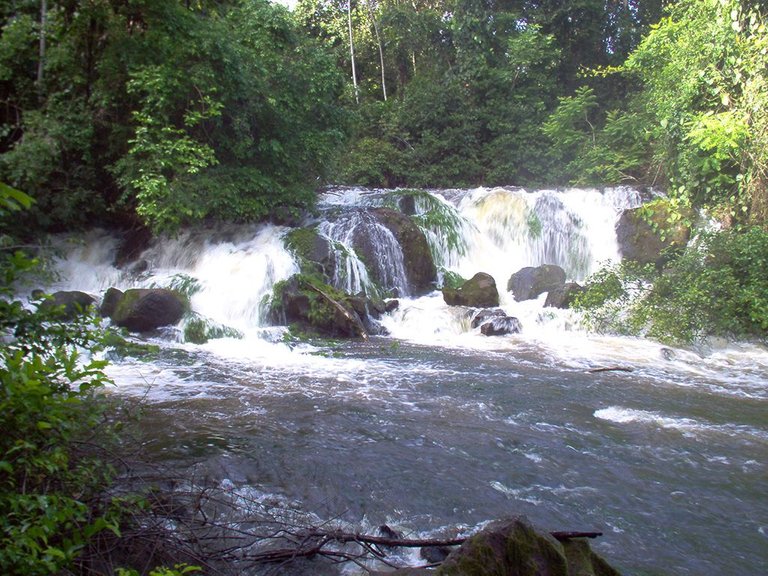
Source: surinametourism.sr
Hi! I am a robot. I just upvoted you! I found similar content that readers might be interested in:
https://www.surinametourism.sr/#!en&discover-suriname&nature